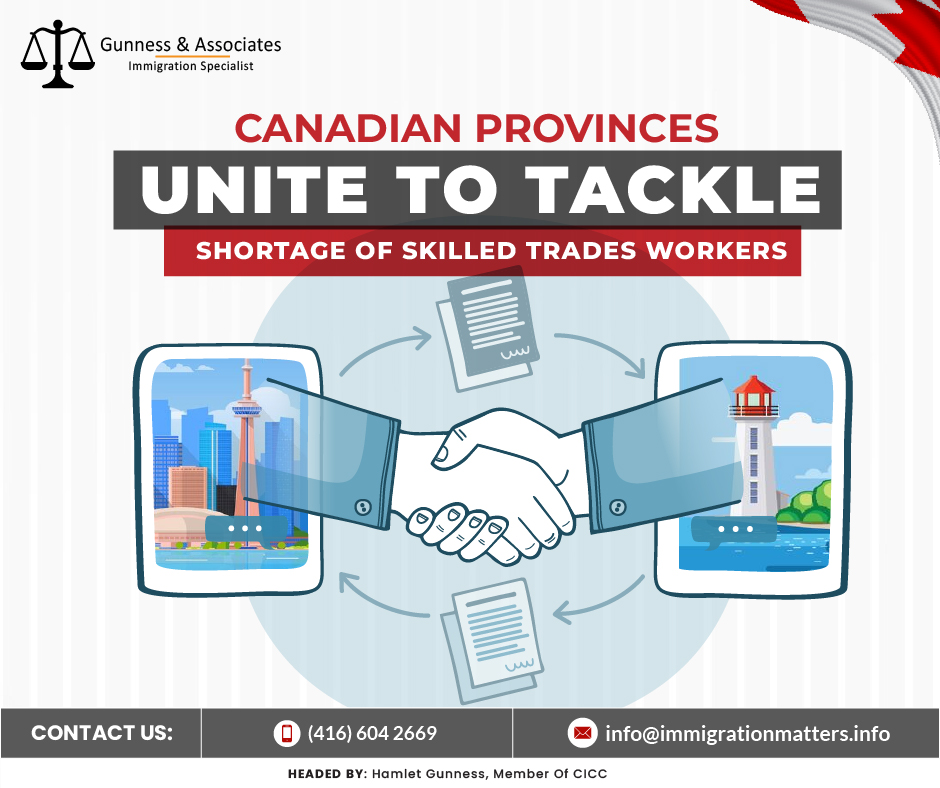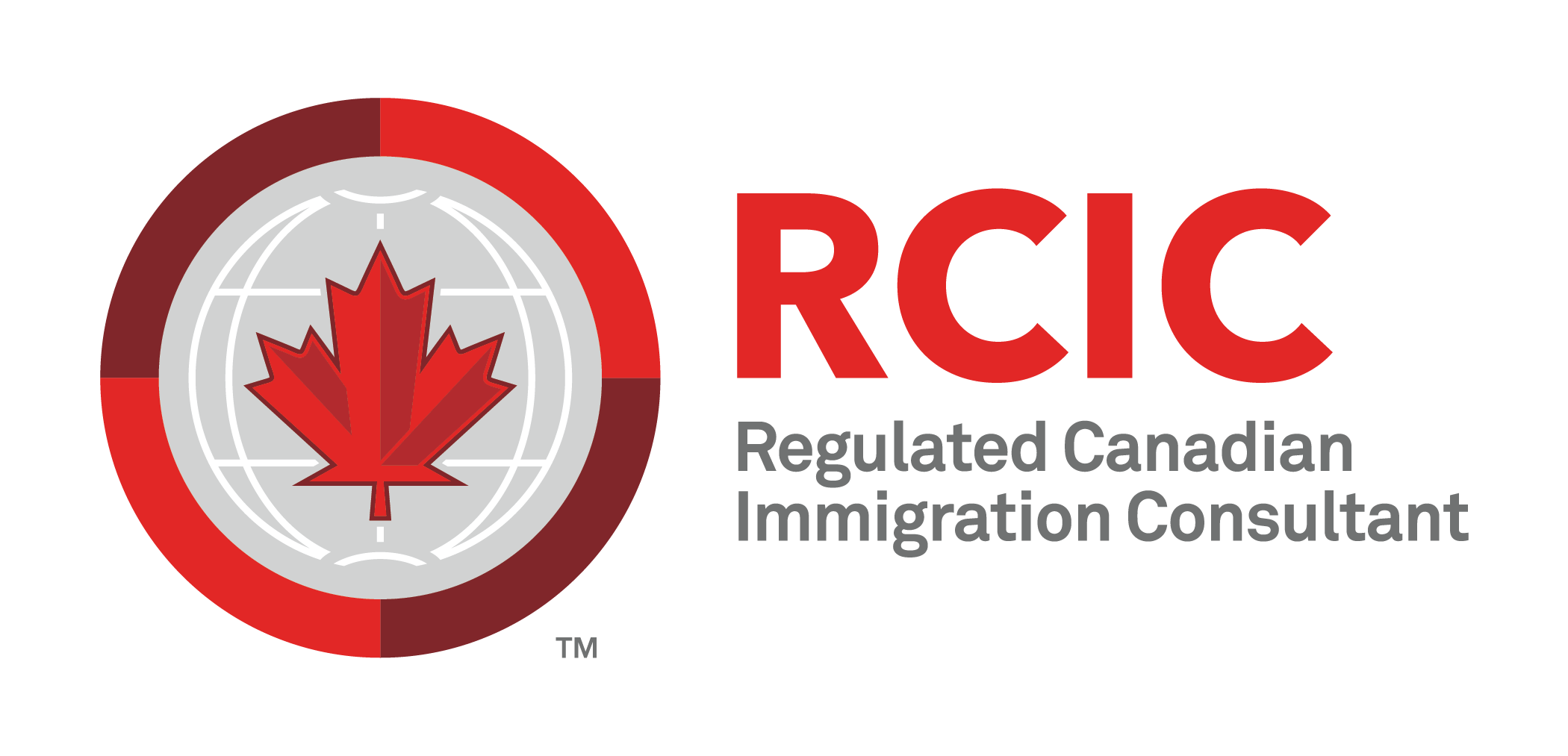Canadian Provinces Unite to Tackle Shortage of Skilled Trades Workers
February 16, 2025

Ontario and Nova Scotia have recently joined the other in signing the Memorandum of Understanding (MOU) that recognized the need of the skilled trades workers in the country. This is important for Canada to support the economy and to continue to provide hundreds of sectors dependent on skilled workers.
Harmonizing Training and Certification Standards to Address the Shortage of Skilled Trades Workers
A major issue that exists throughout the regions of skilled trades today is the lack of conformity to the training and certification processes, and that plays a role in producing a lack of skilled trades workers. By aligning these standards, provinces are in progress of developing a consistent procedure which will let tradespeople to travel freely across the various provinces without having to spend more time being recertified. Thus, the MOU signed between Ontario and Nova Scotia can be considered as the first step to enhance the efficiency of the skilled trades system and reduce the lack of skilled trades workers.
It is also continuing to expand these partnerships to other provinces such as Alberta in order to create a more unified pool for skilled talent. Its purpose is in response to the increasing need for skilled tradespersons in the construction, manufacturing and energy sectors and the continuous shortage of education and training for these tradespersons.
Facilitating Integration of Internationally Skilled Workers
Besides the integration of the standards across the country, the split also aimed at absorption of internationally trained workers in the Canadian context. Since immigration contributes significantly to workers to fill vacancies, the government has the ambition to allow workers educated in other countries to adapt to the existing health systems in Canada. This process will be made easier by the integration that will happen between provinces in terms of certification and the steps of going about recognizing foreign credentials.
Internationally skilled workers are necessary in areas that Canada lacks in qualified workers including welding, plumbing and electrical work. What the provinces are doing by assisting such workers become certified and be employed more easily is to take a step closer towards solving the skilled trades dilemma faced in the current world.
Enhancing Post-Journeyman Certification
Another significant part of the agreement is the improvement of the certification after the journeyman’s completion of his or her work. This certification offers trades people with further credentials outside their primary training; thus, increases their occasions and value to personnel. Thus, through post-journeyman certification the provinces are helping tradespeople to enhance their knowledge and proceed along the career ladder that, in turn, strengthens the economy and makes it more flexible.
The Ontario and Nova Scotia strategy also throws into sharp relief the idea of a coordinated interprovincial strategy toward satisfying the skilled trades deficit. These partnerships have a goal of facilitating access to mobility and certification for tradespeople while at the same time opening up more opportunities for Canada to remain relevant in the global market.
Addressing the Growing Demand for Skilled Trades Workers
There is a medium long-term outlook for skilled trades worker occupation in Canada with its prospect showing a general rising trend in the next decade. With infrastructure development and growth of new industries more trades persons will be required to build and maintain these structures. Governments must still persevere in cooperation at a provincial level to meet this demand by offering solutions for domestic and international labor forces to be able to enter the job market.
These collaborative activities are essential not only in regards to the present preparation for the supply of human capital, but also to forecast future trends within the Canadian economy. In doing so, provinces are creating education and training pipelines for industries which are important to the Canadian economy to ensure that provinces can fill demand and also attract investment in the increasingly competitive global economies.
If you want to know more details about “Canadian Provinces Unite to Tackle Shortage of Skilled Trades Workers,” you can contact one of our immigration specialists at Gunness & Associates.
Tel: (416) 604-2669
Email: info@immigrationmatters.info
Gunness & Associates has helped thousands of people successfully immigrate to Canada with their families. Our skilled and experienced immigration experts have the expertise to accurately examine your case and advise you on the best method of proceeding to serve your needs.
For honest and straightforward advice, contact the experts
Get a free Assessment
Join our newsletter and get up-to-date immigration news Click here
All rights reserved ©2024 Gunness & Associates







